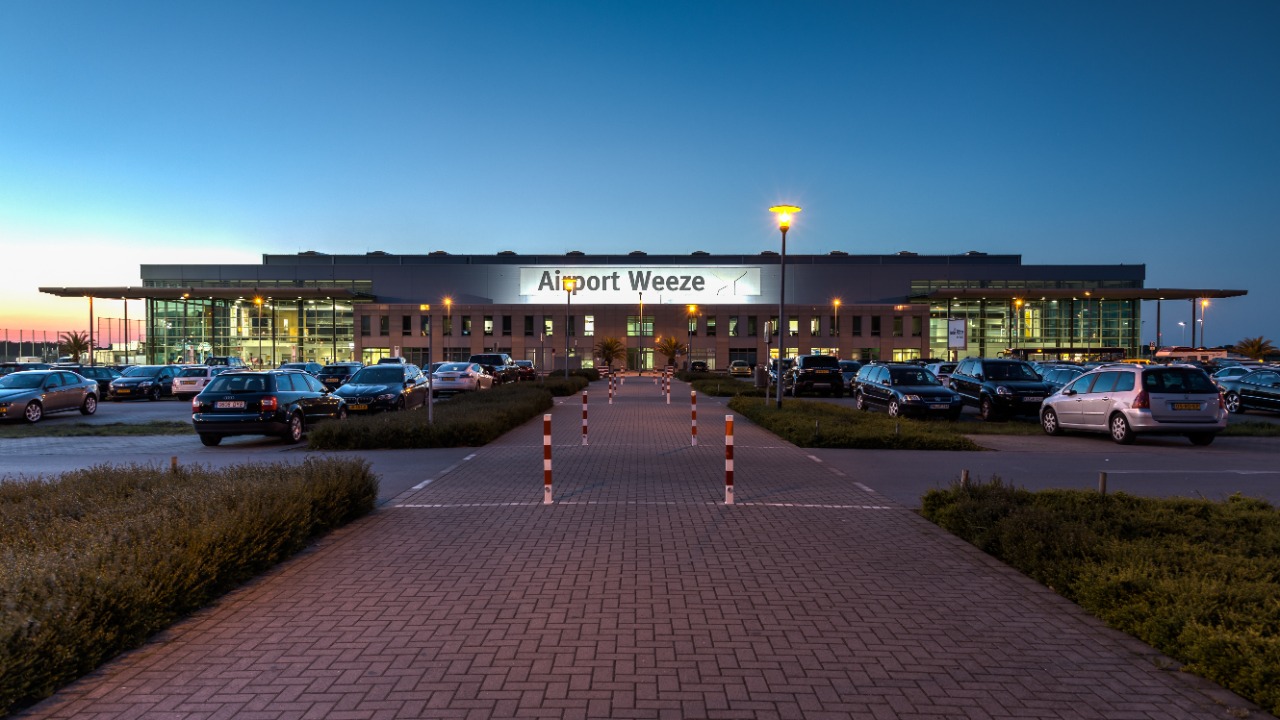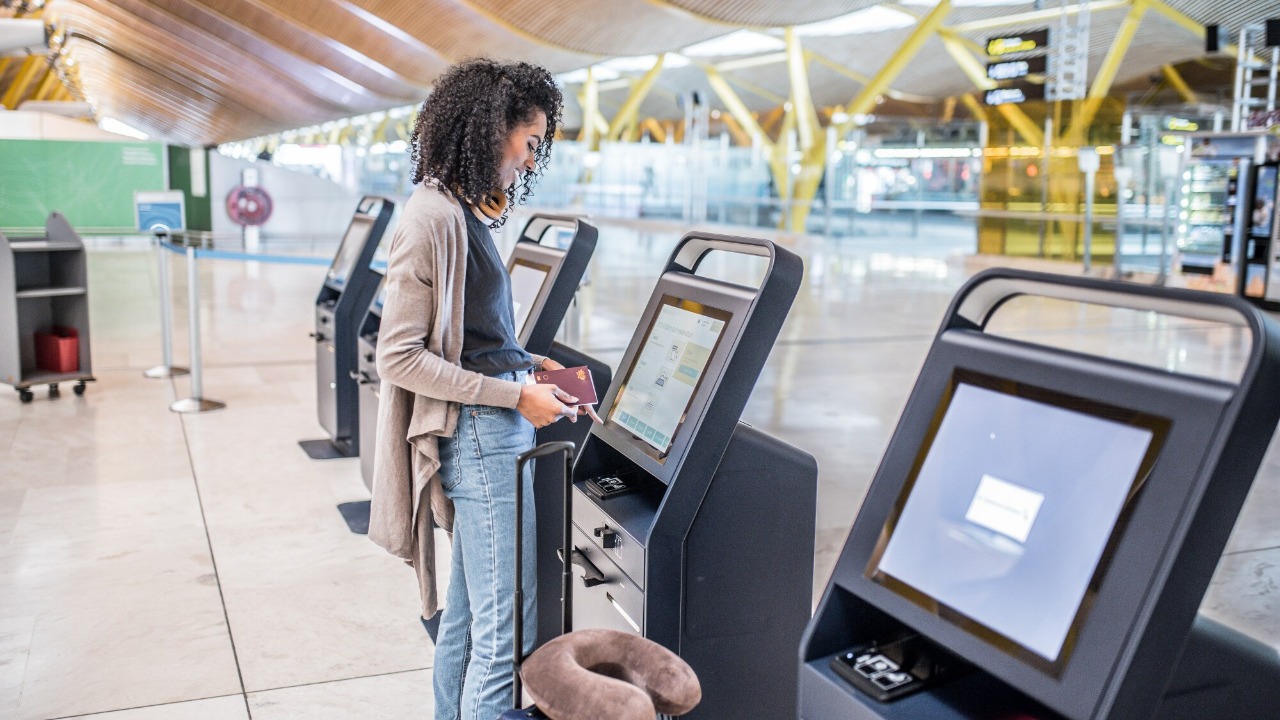
A recent cyberattack on a US-based aviation tech provider has led to significant disruptions at major airports across Europe. The incident, which transpired in September 2025, has brought to light the susceptibility of the global aviation infrastructure to cyber threats.
Details of the Cyberattack

The nature of the cyberattack on the US-based aviation tech provider remains somewhat enigmatic due to the lack of specific information about the company’s identity. However, what is clear is that the attack was sophisticated and well-coordinated, causing substantial disruptions in the aviation industry. The timeline of the attack indicates that it took place in September 2025, further emphasizing the urgency and severity of the situation.source
While the exact details of the cyberattack are still under investigation, it is evident that the perpetrators targeted a critical component of the aviation industry. The attack’s impact on the aviation tech provider has had far-reaching consequences, affecting not just the company but also the airports and airlines that rely on its services.
Impact on European Airports

The cyberattack on the US-based aviation tech provider has caused significant disruptions at major airports across Europe. The extent of the disruption is vast, with numerous flights delayed or cancelled, causing inconvenience to thousands of passengers. The airports have been grappling with the fallout of the attack, trying to manage the chaos while working to restore normal operations.source
These airports have faced specific challenges due to the cyberattack. The disruption of the tech provider’s services has affected various aspects of airport operations, from flight scheduling to passenger management. The attack has underscored the dependency of airports on technology and the potential consequences when that technology is compromised.
According to reports, the cyberattack on the US-based aviation tech provider has had a ripple effect on the European aviation industry. The attack has not only disrupted flight schedules but also affected cargo operations, leading to delays in the delivery of goods and services. The logistics sector, which heavily relies on timely air transport, has been particularly hit hard, causing a domino effect on other industries. The economic impact of these disruptions is yet to be fully quantified, but early estimates suggest significant losses.source
Furthermore, the cyberattack has exposed the vulnerability of the communication systems between airports and airlines. The attack has disrupted the flow of critical information, such as flight status updates and passenger data, causing confusion and leading to further delays. The incident has highlighted the need for more robust and secure communication channels within the aviation industry. The airports affected are now working diligently to restore these systems and ensure the smooth flow of information.source
Implications for Aviation Security

This cyberattack has significant implications for aviation security. It highlights the vulnerability of tech providers that service the industry and the potential risks they pose to the broader aviation infrastructure. The incident serves as a stark reminder of the need for robust cybersecurity measures in the aviation industry.source
Looking ahead, it is crucial to explore potential measures that could be implemented to prevent such cyberattacks in the future. This could include strengthening cybersecurity protocols, investing in advanced security technologies, and fostering a culture of cybersecurity awareness within the industry. The recent attack underscores the urgency of these measures, as the aviation industry continues to grapple with the evolving threat landscape.
The cyberattack on the US-based aviation tech provider has raised serious questions about the state of cybersecurity in the aviation industry. The incident has exposed the industry’s reliance on a small number of tech providers, creating a single point of failure that can have catastrophic consequences. This has led to calls for diversification of tech providers and the implementation of redundant systems to ensure continuity of operations in the event of a cyberattack.source
Moreover, the incident has underscored the need for international cooperation in the field of aviation cybersecurity. Given the global nature of the aviation industry, a cyberattack on one entity can have far-reaching effects, as demonstrated by the recent incident. There is a growing consensus that countries need to work together to establish common cybersecurity standards and share best practices to protect the global aviation infrastructure. The incident has served as a wake-up call for the industry, highlighting the urgent need for a coordinated international response to cyber threats.source